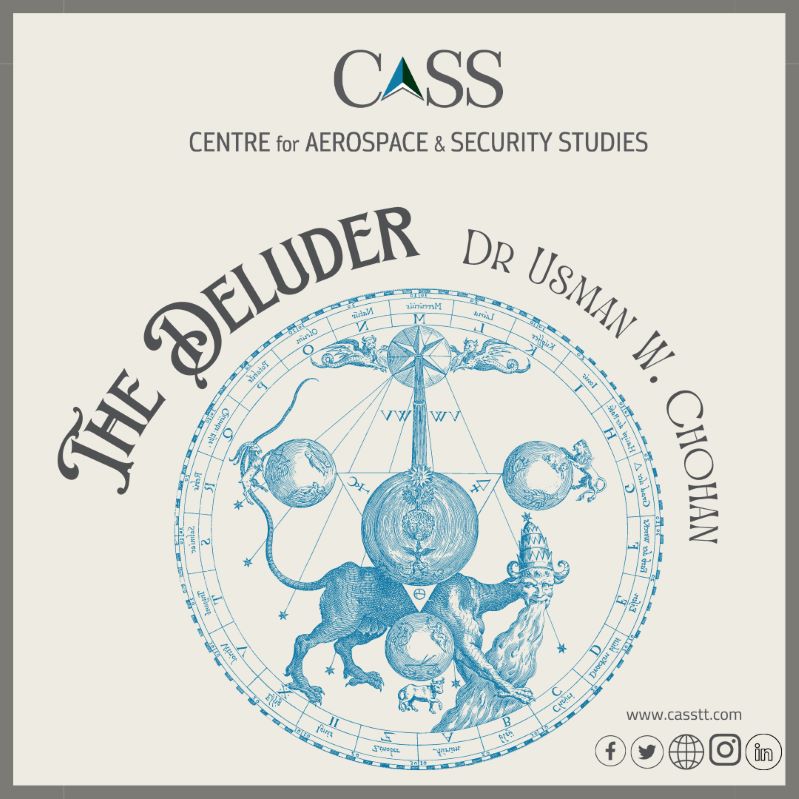How important is the level of education to the health of society? How important is an educated electorate for a well-functioning polity? The intuitive answer is that the more educated and well-informed a polity is, the stronger, more cohesive, more participatory, and more dynamic it will be. In democratic societies, one would guess that the more educated a society, the firmer its demographic vitality would be. I had frequently heard that we need a more literate society for our governance, politics, society, and economy to be improved. Treating it as a well-worn trope, I once retorted that “do you really think the longest-running democracies of today were literate when they first started?” For example, was America a literate society back in 1776 when it became independent? I asked. How literate and well-informed could an agrarian, slave-driving, land-grabbing, violently colonial society really have been circa 1776? While it stymied my interlocutor at the time, I did in fact seek out the answer to the rhetorical question, with a result much to my own stupefaction.
The literacy rate was in fact extremely high in the United States even four hundred years ago, and very likely the highest in the world back then among the citizenry at 80% if not 90+%. There are three caveats to this record-keeping in terms of “citizenry.” The first caveat is that of the Native American nations that are not included, and from whom America was stolen. They were not counted in “citizenry” at the time, and barring a few incredible feats of human ingenuity such as the derivation of Sequoia’s syllabary, Native Americans were not by and large literate in the early colonial period in the sense that we would understand the term. The second caveat was that of African-Ameicans, who were also not considered part of the citizenry until the 15th amendment to the constitution in 1870. They were systematically deprived of opportunities for literacy, and were brutalized for attempts to do so. The third caveat is that of white women, who did not have the electoral franchise back then and so were not full “citizens” in a sense. But even in a patriarchal society such as Colonial America, the literacy rate among white women was anywhere between 50% and 70% (estimates vary). This is still a higher number for female literacy than we have in our country four hundred years later.
It would therefore seem that the trope of a literate society creating robust democracy is indeed true, since the American revolution paved the way for many democratic movements in the Western hemisphere (such as in South and Central America between 1800 and 1830), and this likely would not have been possible without a well-informed and engaged citizenry. To underscore the point, however, it is worth looking at a specific legal act passed in Massachusetts in 1647, or exactly 300 years before our independence from the British. The Deluder Act (or Old Deluder Satan Act), as it is known, was a landmark measure in Massachusetts for mass literacy in the colony that made early provisions for a public education system. It set out measures by which a combination of government, private sector, and civil society would create widespread opportunities for literacy among households as part of a general public policy paradigm. It stipulated that any town with more than 50 households would have to have a school, and there would be penalties on towns that would not comply. It also required qualified instructors and schoolmasters for the professionalization of education. Massachusetts thus became the first North American jurisdiction with a public school system that was well-versed in scripture as well as in general literacy, which was later followed by other colonies. It is no surprise then that even today the best universities of the world are to be found in Massachusetts.
Most interestingly, at the root of the measure was the need to expel the Deluder of men, Satan. As the Act describes, in a vast marsh of ignorance and illiteracy, it would be possible for the devil to lead people astray. The best defense against the deluder, the Act argued, was for a well-informed public to enjoy literate foundations, able to engage in critical thinking, actively dispelling ignorance, and forging social cohesion. This cohesiveness premised on literacy is important in the context of democracies, since ignorant people, as I have heard many times, are vulnerable to deceptions of all sorts. In an illiterate society, Satan’s shadow really does loom large, and as our constitution also insists (Article 25-A), mass education is a right and one that must be striven for in the pursuit of the other aspirations enshrined within the national compact. The contemptible nature of an illiterate society, as we all know viscerally, is the conduit for superstitions and unreason, which in turn constrain the full birth of democratic culture. I concede to the earlier point made by many people that education is a prerequisite. As our people yearn for elections at this time, we should be mindful of the consequences that underinvestment in education over 75 years have meant for stifling the impulse toward a free and dynamic society, beset by the worst of deluders.
Dr. Usman W. Chohan is Advisor (Economic Affairs and National Development) at the Centre for Aerospace & Security Studies, Islamabad, Pakistan. He can be reached at [email protected].





